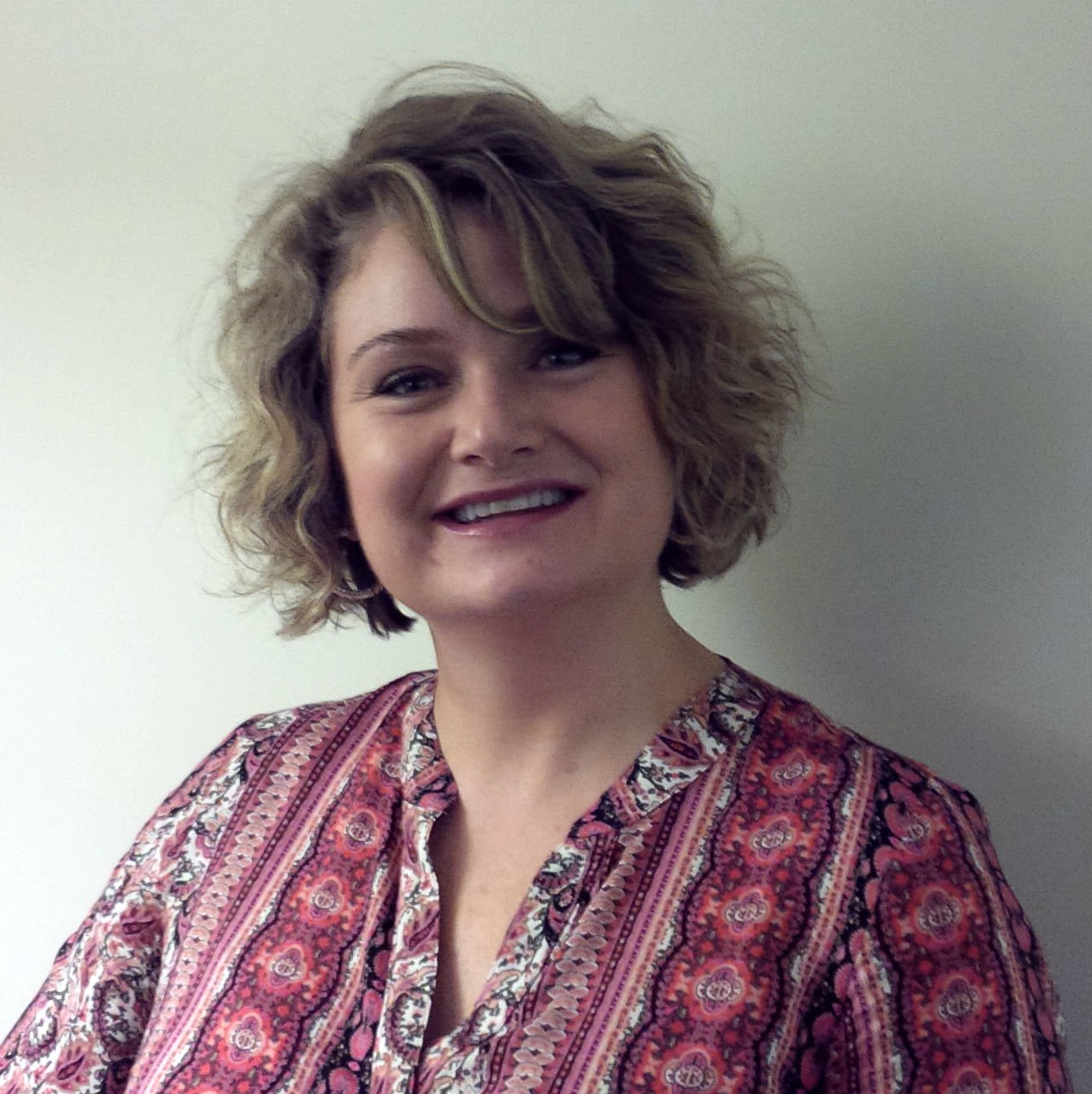 By Stephanie Howes, Interim Associate Dean
By Stephanie Howes, Interim Associate Dean
Faculty of Health
Some people love fall – the vibrant colours of the leaves, the cool, crisp morning air and the slate grey skies best viewed from the comfort of one’s living room in front of a roaring fire.
For others however, fall and its darker, chillier sibling – winter – bring a type of depression known as seasonal affective disorder (SAD).
SAD can be experienced by anyone, but it is most commonly diagnosed in people who live in areas where winter days are short and daylight plummets. Women and people between the ages of 15 and 55 are also more likely to develop SAD.
Coincidentally, 15 to 55 represents the majority of our school and working years, when we are more likely to have commitments during the daylight hours of fall and winter, giving us even fewer hours of free time under a limited sun.
SAD is generally treated with light therapy, antidepressants and counseling. But there is also some evidence that regular daytime exercise is beneficial. (In fact, regular exercise is beneficial to everyone – not just people who have seasonal affective disorder!)
Here are some ideas to help you find time for exercise:
- Exercise early in the morning before your commitments take over. If you aren’t used to early-morning activity, it will take about six weeks before it becomes habit.
- Take advantage of your coffee and lunch breaks by walking around your community. Ask a co-worker to join you to double the benefit.
- Schedule a “walking meeting” rather than a face-to-face in some stuffy boardroom or office.
- Don’t fear the rain; you will not melt.
- If you take transit, force yourself to walk more by using a transit stop or exchange that is farther from your destination.
- Talk to your employer about the possibility of working from home on certain days, and use the time you save on travel for some enjoyable physical activity.
For more information on SAD, including symptoms, treatment and ways to get help, visit HealthLinkBC.
“You have to be your own advocate,” says Howes, Kwantlen Polytechnic University’s acting associate dean in the faculty of community and health studies.
What makes a great vacation spot?
Are you looking for stunning oceanic views? Maybe it’s the location's historical significance or fine restaurants that draw you. If you have children, perhaps available activities are key.
But if you judge a prime holiday destination by the presence of wi-fi, it’s time to revisit the purpose of a vacation.
We all work hard for those few weeks a year when we don’t have anywhere to go, or anyplace to be, or anyone to report to. Vacations are designed to refresh and recharge, and if we are always connected – not just to work, but to our social media and online professional networks – it’s difficult to step away and find the necessary perspective a vacation aims to provide.
According to a 2012 survey of 1,600 American professionals by the non-profit Pew Research Centre:
- 70 % check their smartphone within an hour of getting up.
- 56 % check their phone within an hour of going to sleep.
- 48 % check over the weekend, including on Friday and Saturday nights.
- 51 % check continuously during vacation.
- 44 % said they would experience “a great deal of anxiety” if they lost their phone and couldn't replace it for a week.
Since this study was done in 2012, you can imagine the possible growth in those numbers for 2014, with smartphones ever more prevalent.
Many of us have jobs that require us to remain connected; I get it. But all the time? Really?
Here’s my advice for putting the “vacate” back into “vacation.”
- If you absolutely cannot disconnect yourself, check your email and any other necessary online accounts only once a day and dedicate a specific amount of time to replies.
- Only reply to urgent or necessary messages.
- Ensure your auto reply message advises you will not have reliable access to your email.
- Leave the phone number of your hotel on your auto reply; this will increase your comfort level – if something is urgent, someone will call.
- And finally, enjoy your vacation! We are all better employees if we return to work refreshed; a break ensures we are more productive and effective in our careers.